ABOUT US
The Sustainable Steel Council NZ Incorporated (SSC) is a group of industry leaders committed to the circular economy and New Zealand’s low-emissions future.
Our programme of work will support New Zealand’s steel sector through.
The list of Certified Members is provided here.
Members of the Sustainable Steel Council Inc. NZ are committed to a vision where steel is valued as a critical enabler in New Zealand’s journey to a low emission economy. This vision is achieved by an industry which has a strong history of being financially sound, taking leadership in delivering to the living standards framework, measured across human, social, natural and financial / infrastructure capitals.
Our members commit to the following goals aligned with the Sustainable Development Goals.
Climate change Taking a holistic approach based on the Living Standards framework to help address climate change, a global challenge that affects everyone, everywhere.
Waste and the Circular Economy Strive to optimise the eco-efficiency of products throughout their life cycle. Design for upcycle, re-purpose, reuse and recycling. Separate the technical from the biological.
Safety and Health Foster well -being of employees, provide them with a work environment that is, as far as reasonably practical, without risks to their health and safety, enabling them to return safely to their families at the end of each working day.
Diversity, inclusivity, engagement with Iwi and life-long learning Create the conditions that allow people to have quality jobs. Reduce inequalities through universal policies, paying attention to the needs of disadvantaged and marginalised populations.
Product quality and resilience Strive to meet future challenges of climate change and our shaky isles.
Transparency, ethics and legal compliance Build our knowledge of sustainability and willingly share it with others.
How can we inspire and expect others to follow – if we ourselves are followers? Our board members are committed to leading the way towards sustainability through the actions they take in their own lives.


“I bring a bit more of a general perspective and the view of a small business into the discussions. The resources of a small business are always under pressure, so while changes have to be made to improve sustainability in the metals sector it needs to be balanced with achievable demands and goals. Therefore providing tools and support for small businesses is an important aspect of the Sustainable Steel Council’s role.
“Personally, for me, sustainability means helping people to live in a way that sustains them. From being a good welder at 9am to being a good parent at 9pm. If our work force lives well, the shop floor will work well, businesses will do well and a community will flourish. That’s the ideal, our current reality falls short of this, it takes time to build processes, good ways of doing things and personal character; but that’s a key part of what sustainability looks like for me.”
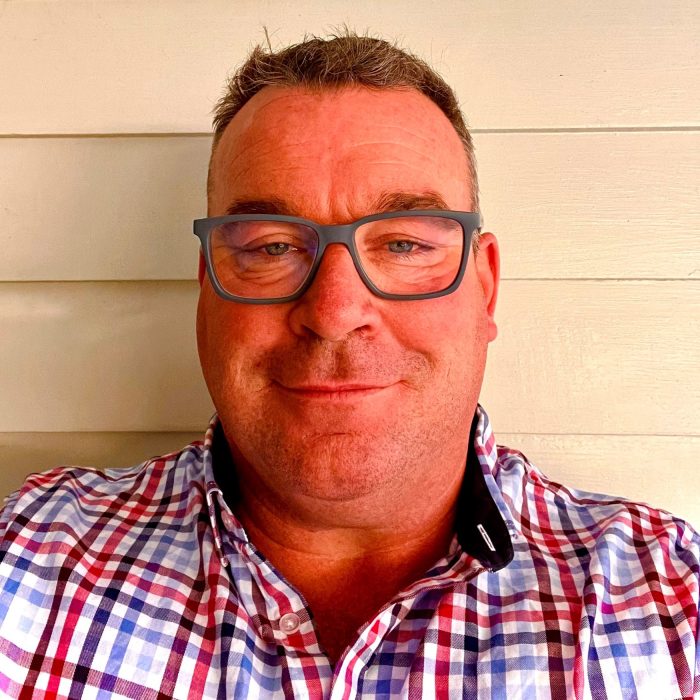

Glen is the Operations Manager for Macaulay Metals, New Zealand’s biggest privately-owned metal recycler. He is trade qualified in the engineering industry and has studied business management and having worked for various firms and has owned his own business. He has worked in the metal recycling industry since 2009 and is passionate about new technologies in the industry as well as educating people about recycling in New Zealand. After serving on the Board for four years, Glen became President in October 2023.
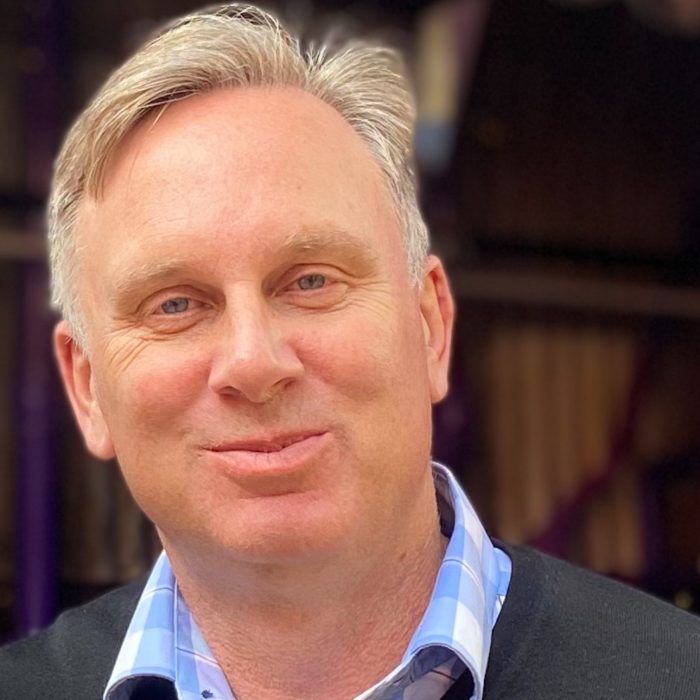

Craig is the New Zealand country manager for InfraBuild and has been in this role for the last 14 years, and has 30 years of experience in the Australasian commercial and residential construction markets.
In his opinion the use of sustainable materials in modern New Zealand building construction is not negotiable. Craig is dedicated to conducting his personal and business roles to global environmental, social, and commercial standards ,and is passionate about the role played by steel in the circular economy, including the promotion of the recovery, reuse, and recycling of steel and other products.
Steel is a building block of society; our transport networks, our hospitals, our schools, our stadiums, and our homes are built on foundations of steel, Craig believes steel will continue to play an essential role in helping shape New Zealand’s future.


Steel has a great story to tell. Iron and steel are the foundations of modern civilisation. Steel products have been at the forefront to improved living standards, through the introduction of agricultural machinery, industrialisation, transportation and construction. Repurposing and recycling are inherent properties of the steel lifecycle. Continuous improvements in steel properties have seen steel being used in new applications.
From my perspective, no other product come close to steel, in performance and application. Steel have already proved it is a sustainable product, infinite recycling, and a valuable commodity. In the worst case, steel will degrade back to its original form, iron oxide.
Not only must businesses optimise the product usage to be sustainable, but there are other consumables whose usage must be optimised, e.g., water usage and disposal, other material inputs.
We will continue to rely on steel. The challenge is to ensure that steel production is efficient and the best products are used in all applications. The industry has proven that product improvements are obtainable, new grades, new process for new applications. An exciting time for a great industry.
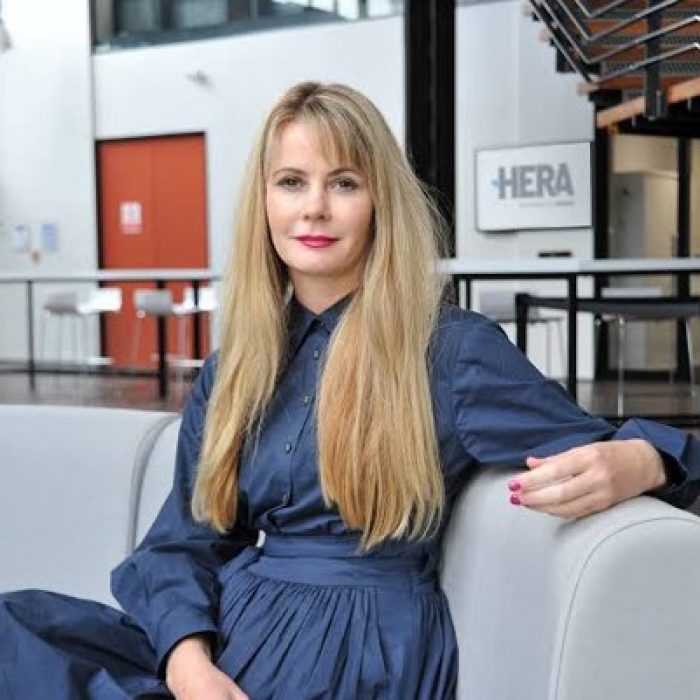

Troy has helped develop resources for SSC and is our chair. She strives to live sustainably in her own life.
Troy was responsible for the metals industry undertaking the first industry assessment of impact using the Living Standards Framework, which looks an inter-generational wellbeing and measures performance against the Four Capitals of Human, Natural, Physical and Social.
“In my own personal life, I live my values. I’ve got solar panels, good insulation, I have planted a lot of trees, my favourite activity is a good beach clean-up, I’m vegan, I have been driving a hybrid vehicle for 10 years, and I offset wherever possible – even with my son because I didn’t believe in population growth. I also volunteer for a range of organisations. In my professional life, I am a strong advocate with increased engagement with Maori and Women in Leadership and STEM. I am also very interested in how industry can improve social capital by establishing strong community trust. I also consider myself an expert in enabling industry to transform in readiness for the future.”
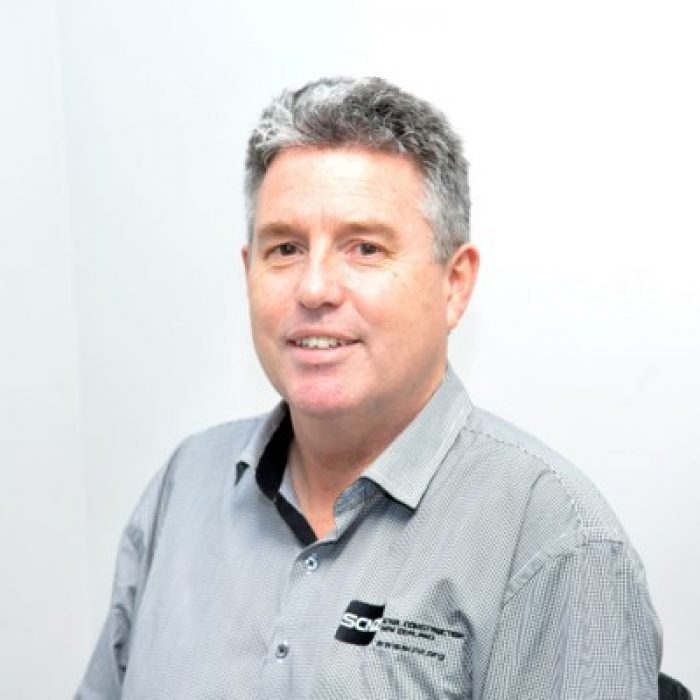

“It’s important that the SSC exists, so each of the membership bodies can access and work together using the same tools and benchmarks. The SSC will ensure the entire industry has a uniform approach, rather than trying to address sustainability individually, as we are intrinsically linked within the steel sector.
“My opinions have changed during my time with the SSC, I’ve always thought sustainability in terms of product. Now I’ve realised it’s wider than that and includes far wider and broader contributions to society. If you don’t have sustainability in your business, it’s going to be increasingly difficult getting tier 1 and tier 2 projects in the future.”
Darren is General Manager of industry body, Steel Construction New Zealand (SCNZ)
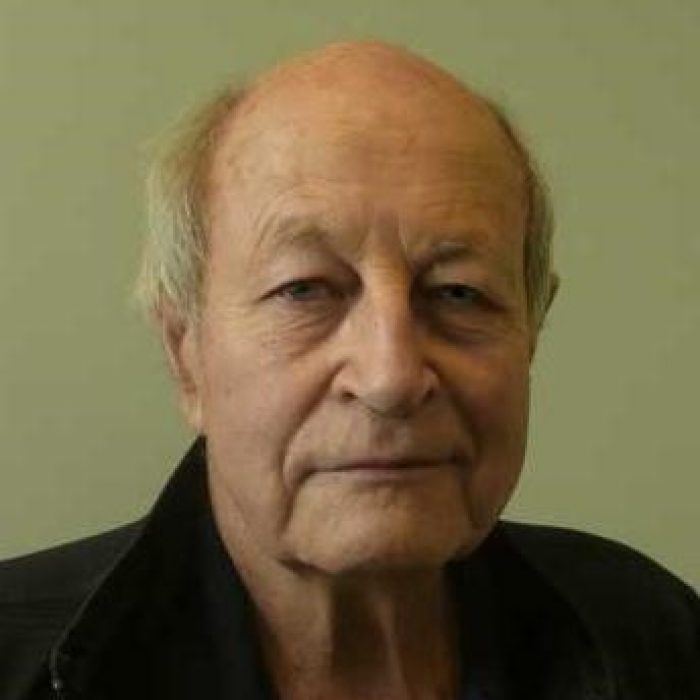

“Our job in the SSC is essentially to look after the entire industry. I built my current home in 2000. If I knew then what I knew now, I think I would’ve built it to be far more sustainable. We use rooftop water, and we have a black water treatment system that goes back to the ground so in terms of water we are totally self-sufficient and nothing is wasted, nothing goes into sewer or sea and all the water that is on the property remains on the property. The water we reclaim also helps to grow a lot of produce in my garden to consume.
“I have been able to witness the world change for the worse and essentially destroy itself. I think it’s important if anyone could even do a little part to help guide people in the right direction towards thinking about circularity and sustainability. I also believe metals are fantastic materials to use and can be recycled.”
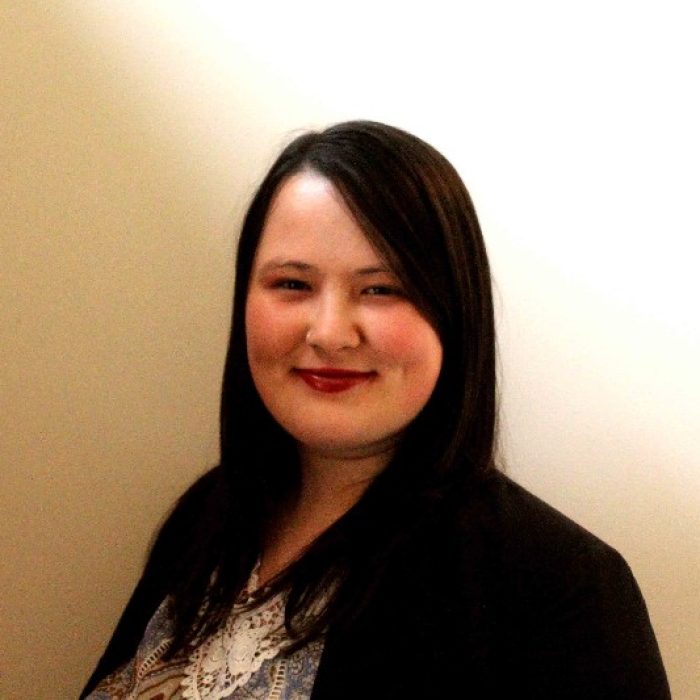

“Living sustainably is about choices and behaviours, both big and small, that enhance our lives, care for our environment and encourage us to live within our means. A sustainable community and world is one which supports itself and its surroundings. It is the practice of reducing our impact on the earth’s natural resources, reducing our carbon footprint and living healthier lives.
“This can be achieved through our approaches to our relationship with waste, our energy consumption. our transportation choices, and our purchasing.
Sustainability also drives creativity and innovation, and the challenge to find new and exciting technologies and solutions to tackle issues and facilitating social change.”


We live in a generation where we can’t just close our eyes to all the negative side effects of what we do and how we live and only open them for the benefits that we get. We can’t live in a “throw away” and wasteful culture. We are now starting to see the consequences of this way of life style from generations before. We have to cooperatively work together to start fixing the damage that has been done by being sustainable, resourceful and innovative to ensure that the next generations have a place to live in that they can enjoy and be proud of.
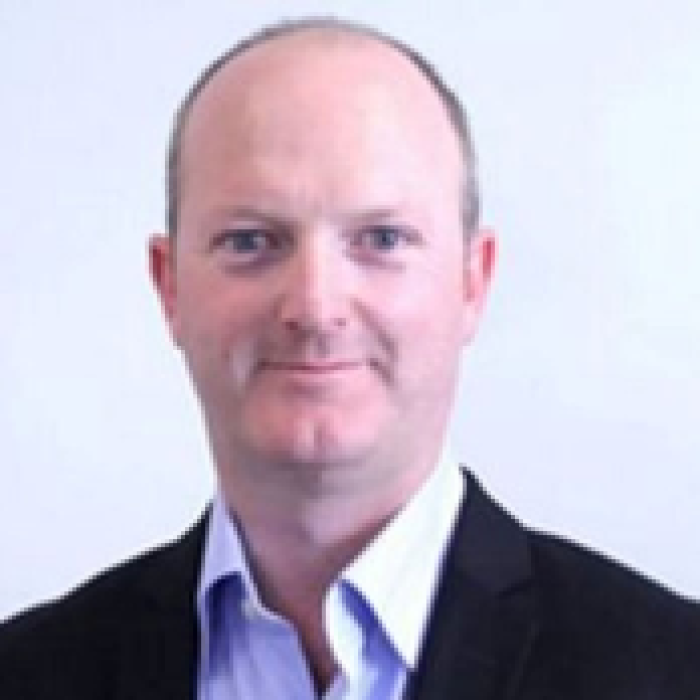

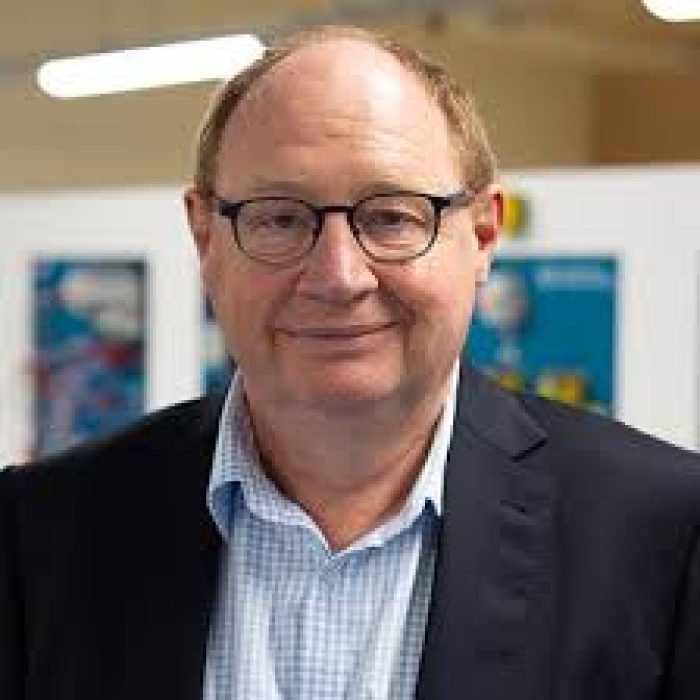

It is time to have comparable and objective measures for materials sustainability. SSC is product agnostic in that we understand and promote that all materials have their place in society and that, aesthetic, subjective and objective product choice assessments should be informed by objective data that is comparable across the whole of life of a product. That data must cover the whole life from inception to ultimate degradation or recycling and not omit the stages that people don’t want to talk about. A product lifecycle measurement should start at the beginning – planting a seed, extracting the aggregate or the iron sand, and end when the material ceases to exist – not simply the period when it is manufactured, or the period it is part of a building – it must go through to the point it ceases to have an impact on the environment. For steel end-of-life means when it goes into an electrical arc furnace to be reconstituted – for concrete when it is recycled back into a crusher, and for wood – to the point the material ceases to exist when it has leeched out all its toxic chemicals and decomposed and returned all its CO2 and Methane back into the atmosphere. All this means we should be calculating environmental effects over a 130-year time frame.
The original SSC was established in 2008 by HERA, (Heavy Engineering Research Association), a time when sustainability wasn’t yet a mainstream consideration. SSC failed to gain traction and in 2015 council members voted to put it on hold.
“The community wasn’t having these conversations yet, so the previous council were probably a little ahead of their time.” (Scott Morrison, Board member)
But the time for reinvigoration is now.
“I think there’s a time for everything. I think the wider community is becoming more aware; particularly with climate change issues. The younger generations are becoming more of a prevalent portion of the consumer base. Their drive around the expectations of what industry does will be very different.” SSC Chair and CEO of HERA Troy Coyle
With raised global and domestic consumer expectations and awareness, the Climate Change Response (Zero Carbon) Amendments Act and the global commitment to the UN Sustainable Development Goals, businesses and industries, must consider the shifting criteria for the social licence to operate. Neglecting sustainability, will ultimately make business unsustainable.
SSC is leading the industry by exploring then actioning, the opportunities and challenges of sustainability to provide realistic steps that will not only be financially profitable, but enriching for our wider communities.
There are many challenges that exist in this industry, like the current technological barrier against zero-embodied carbon steel and an industry mindset that sustainability actions = cost, green washing, time. However, steel is inherently a circular material, and will continue to be the backbone material of our modern world. And sustainability, is all about efficiency and profit.
What we can do is drive positive attention and education on steel and sustainability. The process of the SSC audit and certification is just the seed. When changing consumer expectations, government regulations and procurement rules are added to the mix, it becomes clear that businesses and industry must begin growing their willingness to improve upon sustainability, and in doing so, reap the many benefits.
To date, the SSC has developed its certification tool, which was expanded from outlined priorities identified by SSC stakeholders in a materiality analysis. This certification tool reflects Treasury’s Living Standards Framework and relevant UN Sustainable Development Goals and members that have completed the SSC certification process become SSC Chartered Members.
We have now completed the pilot phase of the tool, and SSC Chartered Membership is a recognised criterion in the New Zealand Green Building Council’s Green Star rating scheme.
As for our next steps, SSC is targeting 60 more audits, developing formalised governance, finalising and developing more tools and resources based off in-person discussions from the pilot phase . . .
“. . . and keeping you updated on our progress as we aim to increase our communications. All of this will continue to enable SSC on its way in becoming a “highly active and visible voice for the steel and metals industry.” (Scott Morrison, Board member)

